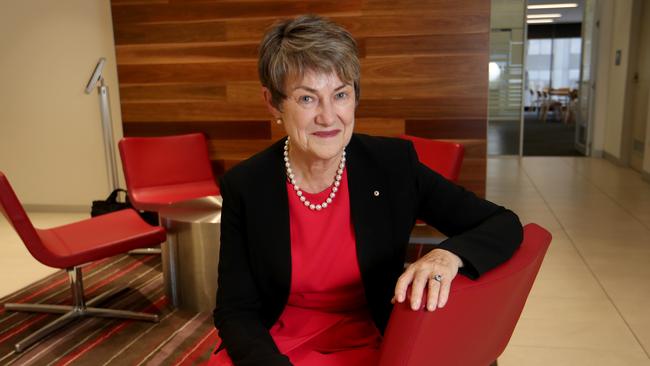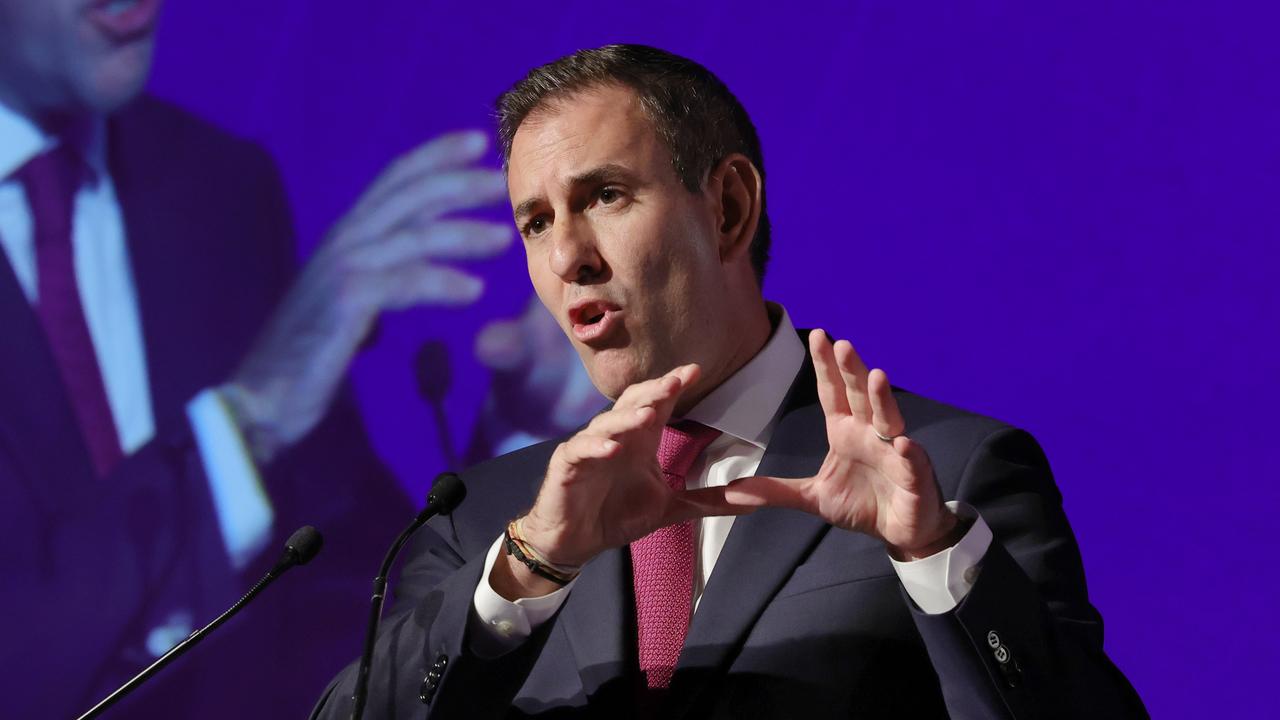Probe fallout ‘will dilute board talent’
Talented people will shun serving on listed company boards as the risks of being a director increase, Elizabeth Proust says.

More talented business people will shun serving on listed company boards as the risks of being a director increase sharply following the Hayne royal commission, according to the retiring chairman of the peak body for the nation’s company directors.
Elizabeth Proust, one of the nation’s most senior businesswomen, who recently stepped down as chairwoman of the Australian Institute of Company Directors, also claimed there was a grave misunderstanding across the broader community about the role of a director on for-profit and not-for-profit boards.
The scrutiny and publicity of the Hayne royal commission is ensuring that aspiring board directors become aware of the downside of the board table.
Ms Proust said it would be “bad for the country” if talented, properly qualified people avoided listed company directorships.
Wesfarmers chief executive Rob Scott, KPMG Australasia chairman Alison Kitchen, former Macquarie Group chairman Kevin McCann and investment banking legend John Wylie all warned that the fallout from the royal commission could deter risk-taking by directors of public companies.
While Kenneth Hayne’s interim report called for stronger enforcement of the law across the financial services sector, it did not recommended more regulation. His final report is due in February.
Yet Ms Proust said she had heard anecdotal reports of people stepping down from chief executive and other management roles in public companies — who would normally take up directorships — saying words to the effect: “There is too much risk — I am going to do something else.”
“Memories are short, we may all forget what it was like to look at somebody on television in the witness box, being glad it is not us. But I think people will make a decision that the risk-reward trade-off is not there, especially if you are in financial services,’’ she said.
“I know directors by community standards seem to be highly paid but if effectively you are being expected to be a full-time director of one financial institution, then compared to all the executives in the institution, you are not highly paid.”
Ms Proust, who is a director of construction giant Lend Lease and chairman of Nestle Australia after having previously served on the boards of Perpetual and Spotless, said demands for directors to hold shares in their companies and pay for them with after-tax dollars could also lead to a situation where only wealthy people serve on boards.
“Do we only want people of means on our boards? I think that is absolutely a question we need to ask and answer,’’ she said.
“The risks have only increased. People do have choices, they can be consultants, they can go into private equity, they can do other things. Who do you want on boards and what experience do you want them to have had? It is now not just direct shareholders that have an interest in this. Every Australian, with their superannuation in shares, has a very big stake in the success of these companies.”
While the AICD has more than 43,000 members across ASX, private, government and not-for-profit boards, Ms Proust said commentary flowing from the royal commission showed there was a misunderstanding in the community about the role of directors.
“I think there is a view that they are there to stop anything bad happening. The royal commission might have inadvertently given them that impression,’’ she said.
“It doesn’t matter if you are running a business of 10 people or 10,000 people, you can’t give guarantees. You can give guarantees about having a culture that lets stuff-ups be known about very quickly and rectified and people compensated, if that needs to happen. Two million people in Australia call themselves directors. The sports club, the charity. So that means one in 12 of us is a director. But do people really understand what it means?”
After three years as AICD chairman, Ms Proust has been replaced by John Atkin, who sits on the boards of intellectual property services company IPH, Integral Diagnostics and the Commonwealth Bank Officers Group Super.
“I don’t know if the institute would be doing an advertising campaign, it doesn’t have the resources. But something clearly needs to be done to ensure there is a fundamental change in the community’s understanding of what boards do,’’ Ms Proust said.




To join the conversation, please log in. Don't have an account? Register
Join the conversation, you are commenting as Logout